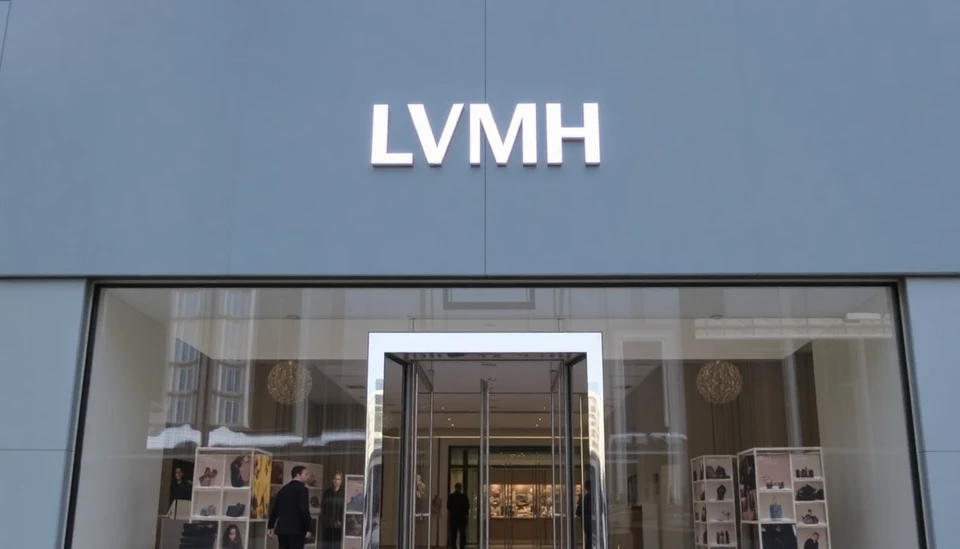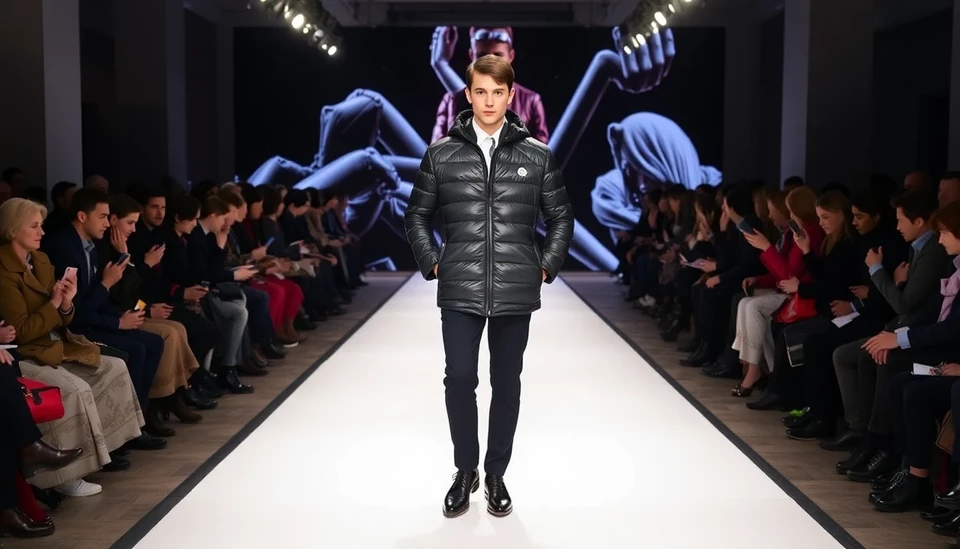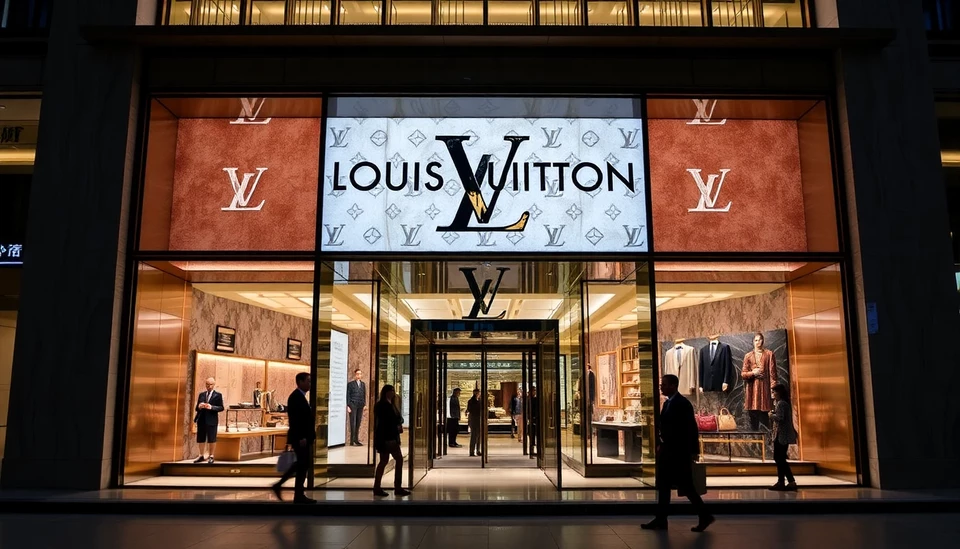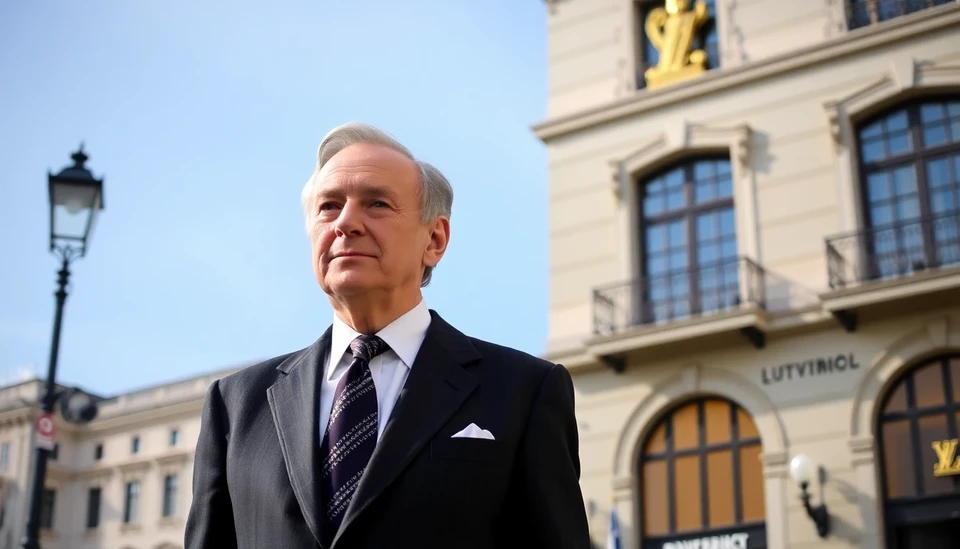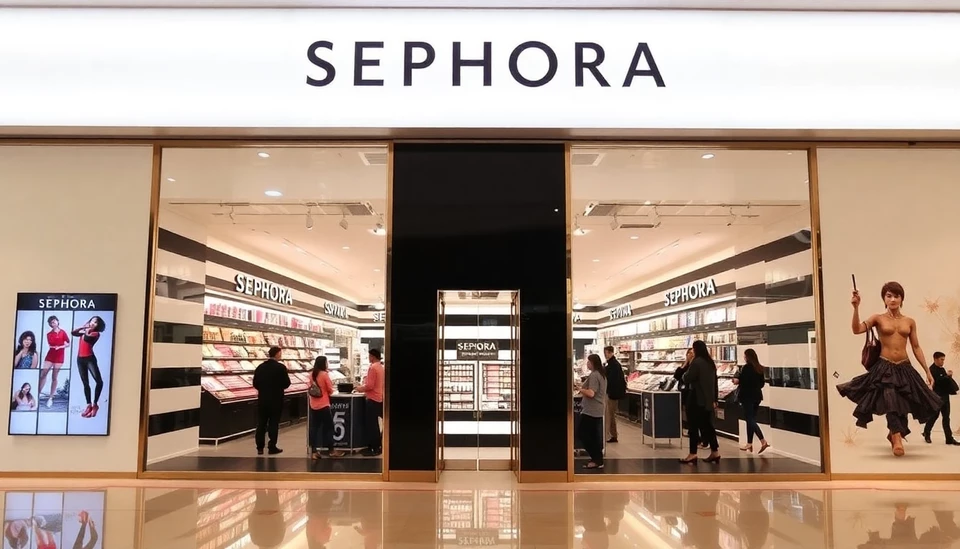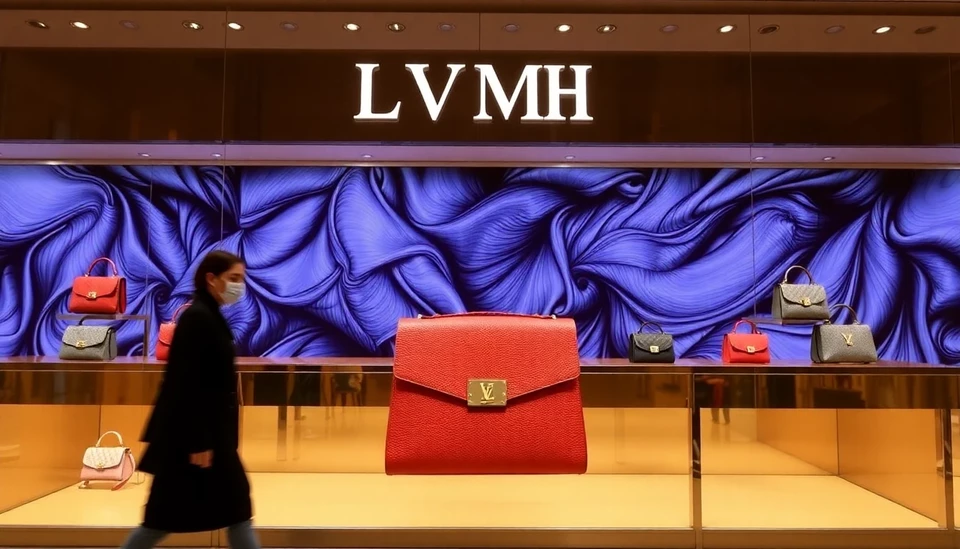
LVMH Moët Hennessy Louis Vuitton, the world’s leading luxury goods conglomerate, has reported a noticeable decline in quarterly sales as consumer demand for high-end products appears to be waning. The firm's results for the third quarter have raised concerns among investors and analysts alike, who are closely monitoring shifts in spending habits among affluent shoppers.
In its latest earnings report, LVMH revealed a decrease in sales by 3% compared to the prior year, falling short of market expectations. This downturn is primarily attributed to a reduction in demand for its luxury handbags, particularly in key markets such as China and Europe, where spending has cooled significantly amidst economic uncertainties.
Despite historically strong performance, LVMH has encountered a challenging retail environment. The company indicated that while some of its other divisions, such as wines and spirits, have shown resilience, the fashion and leather goods segment—the largest contributor to its revenues—has been adversely affected. During this quarter, the fashion sector saw a noticeable decline in sales, leading to increased scrutiny over luxury consumer behavior.
Notably, the decline in handbag sales signals a potential shift in consumer preferences, where once-flourishing areas may be experiencing saturation. The market is increasingly aware of macroeconomic factors that are impacting consumer confidence; things like inflation, fluctuating exchange rates, and geopolitical tensions are contributing to a more cautious outlook among high-net-worth individuals.
LVMH's competitors in the luxury sector are also navigating these turbulent waters, with many reporting similar trends of slowing sales growth. Analysts speculate that as the global economy grapples with various challenges, consumers may be prioritizing essentials over non-essential luxury items. That being said, LVMH remains committed to its strategic investments and maintaining brand exclusivity which have historically set them apart.
Looking ahead, the conglomerate plans to explore innovative strategies to rejuvenate interest in its product lines, including potential launches of new collections and revamping existing marketing strategies to better connect with young, affluent consumers who are shaping the future of luxury retail.
As the year progresses, LVMH's leadership is expected to closely monitor these trends and implement necessary adjustments to adapt to the evolving luxury landscape. With broader implications for the entire luxury sector, the coming quarters will be crucial as brands strive to win over consumers whose priorities are shifting in response to external pressures.
In summary, LVMH's latest quarterly results underscore the challenges facing the luxury market today. As high-end handbag sales decline, the company, alongside its competitors, will need to adapt to changing consumer behaviors to maintain its esteemed position in the luxury industry.
#LVMH #LuxurySales #HandbagDemand #ConsumerTrends #FashionIndustry #LuxuryMarket #QuarterlyResults #EconomicUncertainties #LuxuryGoods
Author: John Harris
